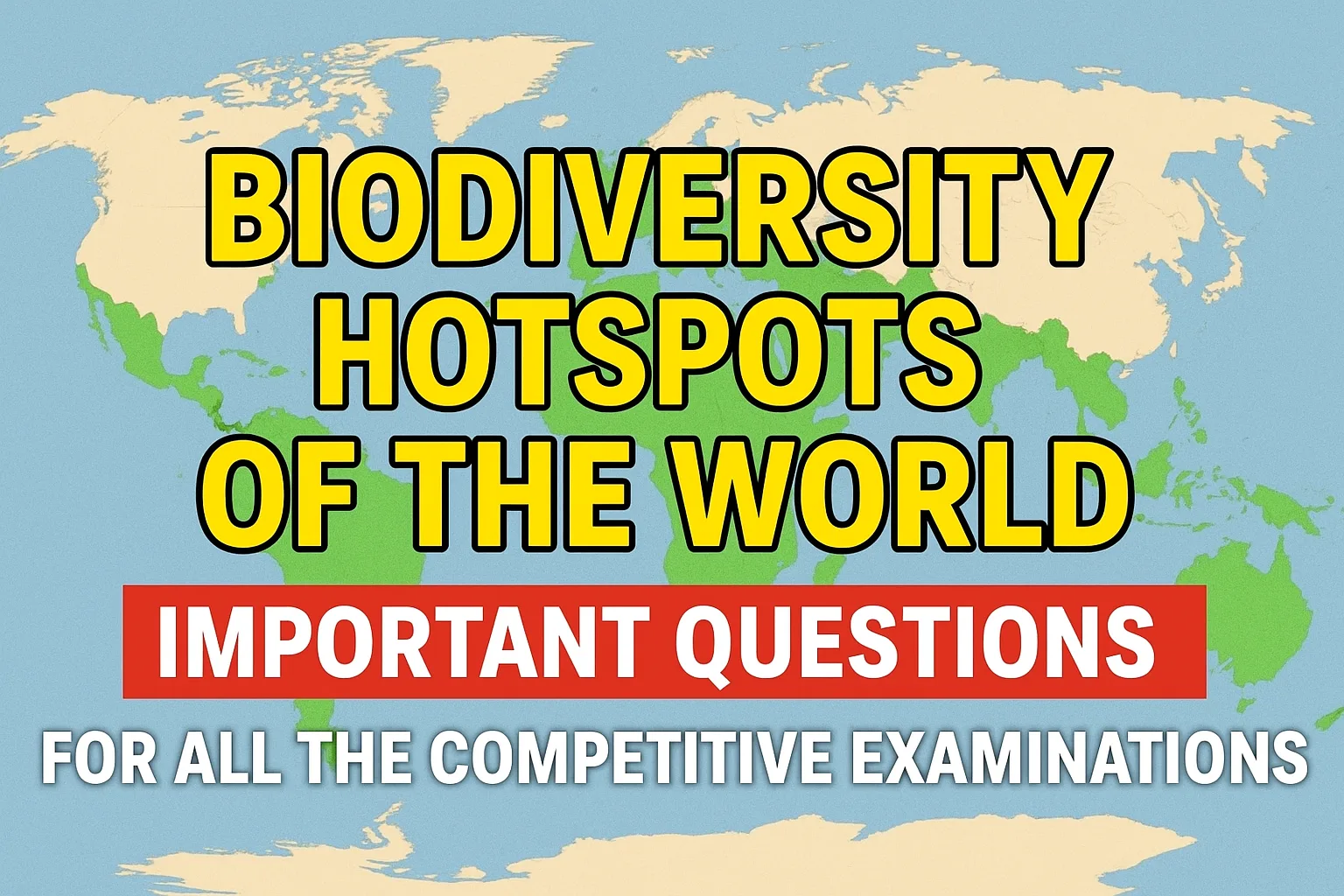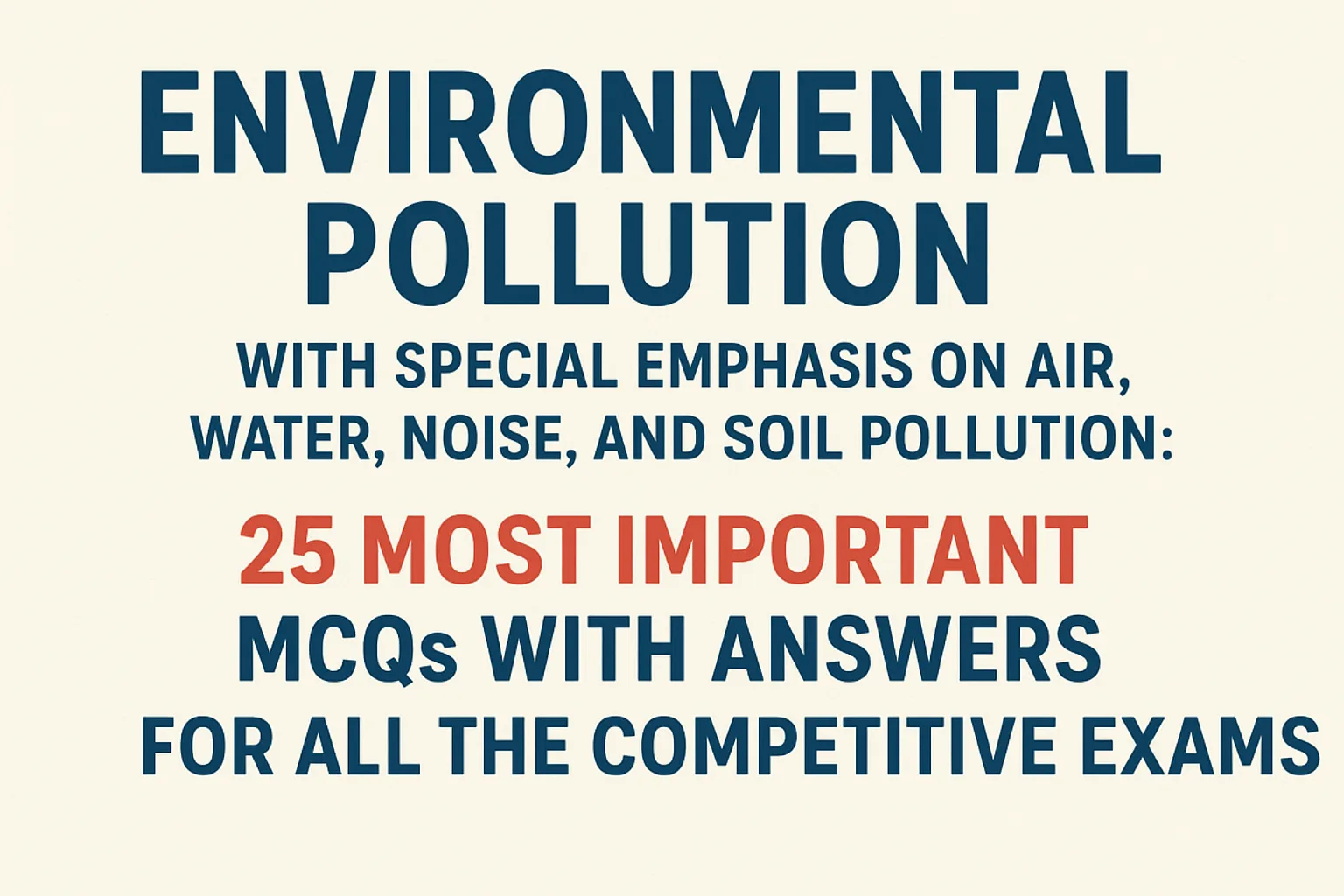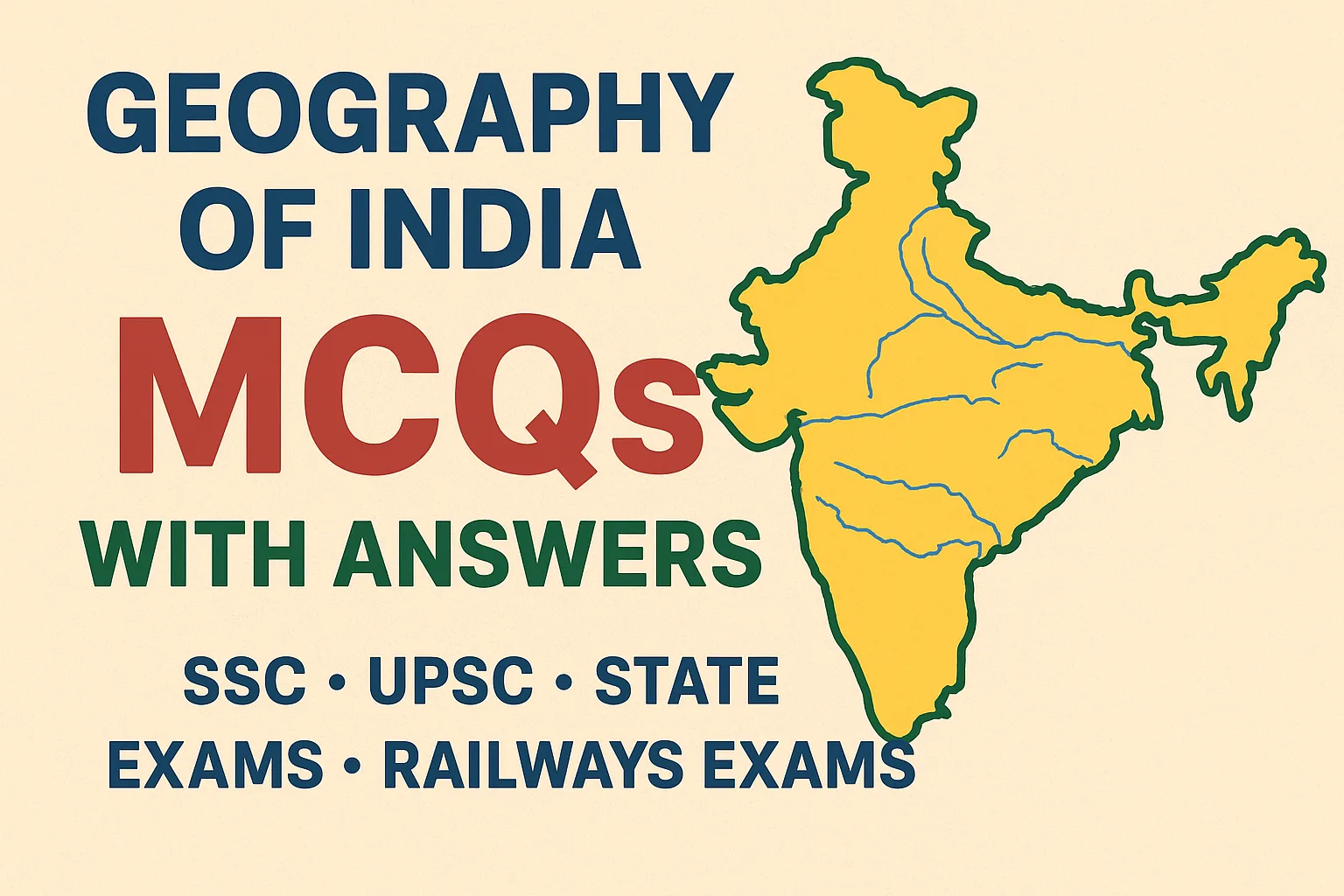As is already known, Biodiversity hotspots are Earth’s richest and most endangered natural regions of the world; hence, their conservation is a must for all living beings to exist to study biodiversity is important for both the knowledge of humans and as well as for any competitive exam, such as SSC, JKpsc, JKssb, and UPSC. It is one of the most studied topics of today’s era. Studying biodiversity gives us an idea of how rich the flora and fauna of the world is and what conservation measures are to be taken to preserve it for future generations. Below are the most important MCQs to be revised for studying the biodiversity of the world. These MCQs are highly resourced from the articles, research papers, journals, and books. All the candidates who are aiming for the upcoming examinations can go through the MCQs mentioned below to secure their seats in any of the competitive exams.
Who first introduced the concept of biodiversity hotspots?
a) Edward Wilson
b) Norman Myers
c) Charles Darwin
d) Alfred Wallace
Correct Answer: (b) Norman Myers
How many species are the essential and minimum criteria for the number of endemic vascular plants to be present in a biodiversity hotspot?
a) 100 species
b) 500 species
c) 1500 species
d) 2000 species
Correct Answer: (c) 1500 species
A region must lose what minimum percentage of its primary vegetation to be called a biodiversity hotspot?
a) 50%
b) 60%
c) 70%
d) 80%
Correct Answer: (c) 70%
Globally, how many regions have been identified as biodiversity hotspots under Norman Myers’ 2000 criteria?
a) 25
b) 30
c) 36
d) 40
Correct Answer: (c) 36
What percentage of the Earth’s total land surface area is covered by the biodiversity hotspots?
a) 1.5%
b) 2.4%
c) 3.5%
d) 5%
Correct Answer: (b) 2.4%
Approximately what percentage of the world’s terrestrial life lives within the biodiversity hotspot regions on Earth?
a) 40%
b) 50%
c) 60%
d) 70%
Correct Answer: (c) 60%
Which of the following Caribbean islands are facing serious threats to endemic plant and vertebrate species due to the reason of deforestation?
a) Haiti and Jamaica
b) Cuba and Puerto Rico
c) Bahamas and Barbados
d) Trinidad and Tobago
Correct Answer: (a) Haiti and Jamaica
Which biodiversity region is considered the richest in plant diversity and belongs to South America?
a) Cerrado
b) Atlantic Forest
c) Tropical Andes
d) Valdivian Forests
Correct Answer: (c) Tropical Andes
The Critical Ecosystem Partnership Fund (CEPF) provides aid and support to which of the following organizations?
a) Government agencies
b) Private companies
c) Nongovernmental organizations
d) Political parties
Correct Answer: (c) Nongovernmental organizations
Which organization created the “Global 200 Ecoregions” system for selecting priority ecoregions for conservation?
a) Birdlife International
b) National Geographic Society
c) World Wide Fund for Nature
d) Plantlife International
Correct Answer: (c) World Wide Fund for Nature
Birdlife International has identified how many endemic bird areas across the world for conservation purposes?
a) 120
b) 218
c) 300
d) 500
Correct Answer: (b) 218
Birdlife International has also identified more than how many Important Bird Areas across the world?
a) 5,000
b) 8,000
c) 11,000
d) 15,000
Correct Answer: (c) 11,000
Alliance for Zero Extinction is mainly meant for conservation efforts of which kind of species?
a) Widespread species
b) Invasive species
c) Most threatened endemic species
d) Migratory bird species
Correct Answer: (c) Most threatened endemic species
The Alliance for Zero Extinction has identified how many critical sites worldwide are for conservation.
a) 300
b) 450
c) 595
d) 700
Correct Answer: (c) 595
Which Indian authority was formed to control deforestation and manage afforestation projects effectively?
a) NITI Aayog
b) CAMPA
c) CPCB
d) ICMR
Correct Answer: (b) CAMPA
Old, climatically-buffered, infertile landscapes (OCBILs) are commonly found within which special regions?
a) Cities
b) Biodiversity hotspots
c) Agricultural lands
d) Grasslands
Correct Answer: (b) Biodiversity hotspots
Among the following, how many are classified as infertile landscapes in the biodiversity hotspots?
a) 10
b) 12
c) 15
d) 20
Correct Answer: (c) 15
Which of the following regions is listed as a biodiversity hotspot in North and Central America?
a) California Floristic Province
b) Mediterranean Basin
c) Cape Floristic Region
d) Wallacea
Correct Answer: (a) California Floristic Province
Which region in Europe and West Asia is recognized as a biodiversity hotspot with high species richness?
a) Caucasus
b) Andes
c) Cerrado
d) Eastern Himalaya
Correct Answer: (a) Caucasus
Which African biodiversity hotspot is famous for its unique floral diversity and plant richness?
a) Cape Floristic Region
b) Caribbean Islands
c) Sundaland
d) Polynesia
Correct Answer: (a) Cape Floristic Region
The Western Ghats of India, along with Sri Lanka, form which type of global conservation region?
a) Protected Forest Area
b) Biodiversity Hotspot
c) Biosphere Reserve
d) Wetland Zone
Correct Answer: (b) Biodiversity Hotspot
Which Southeast Asian region includes Indonesia and the Nicobar Islands of India?
a) Wallacea
b) Sundaland
c) Polynesia-Micronesia
d) East Melanesian Islands
Correct Answer: (b) Sundaland
Which East Asian country has been included in the list of global biodiversity hotspots?
a) China
b) Japan
c) Korea
d) Mongolia
Correct Answer: (b) Japan
Which of the following types of hotspot are the Mountains of Southwest China residing?
a) Desert hotspot
b) Biodiversity hotspot
c) Urban hotspot
d) Marine hotspot
Correct Answer: (b) Biodiversity hotspot
Which biodiversity hotspot in South Asia includes the Indo-Burma, Bangladesh, India, and Myanmar regions?
a) Western Ghats
b) Indo-Burma hotspot
c) Eastern Himalaya
d) Madagascar
Correct Answer: (b) Indo-Burma hotspot












